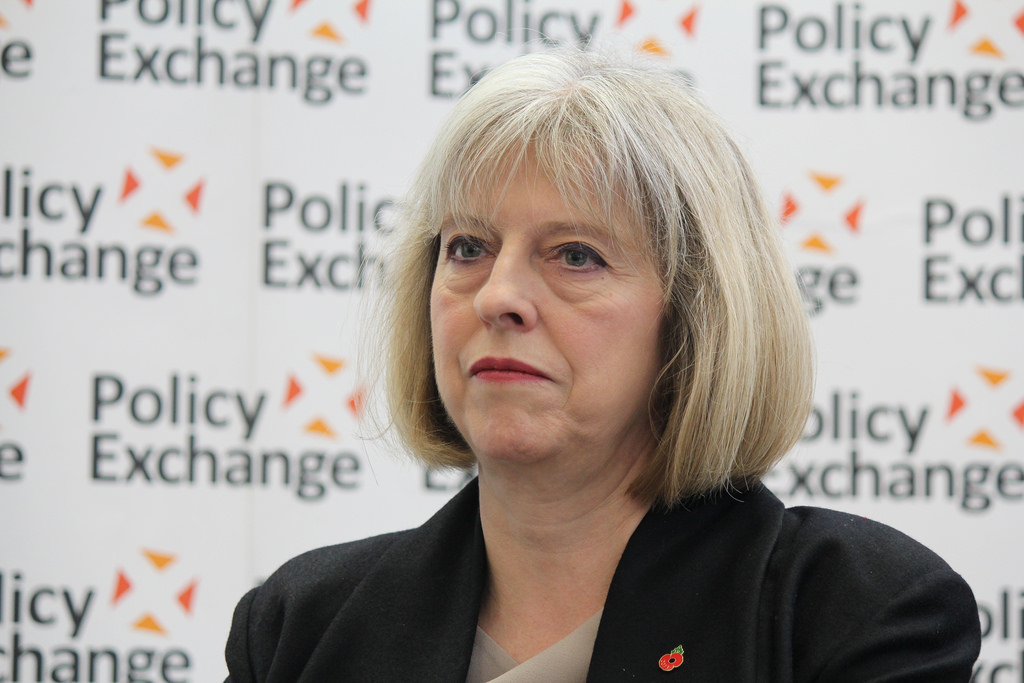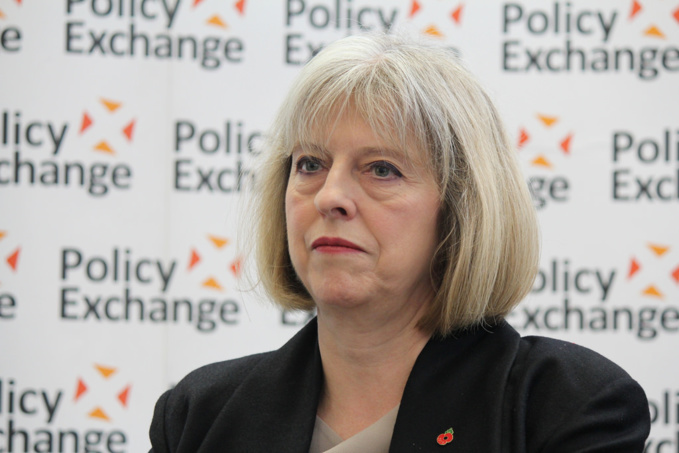Theresa May promises to do everything possible to get the country out of the European Union as painless as possible. Trade and customs agreements should become one of the key elements of the procedure. Today, the government of the country has submitted its final provisions on changes in the current legislation in these areas.
The provisions referred to the Parliament primarily concern maintaining terms of the previous trade agreements with the European Union. There are a total of 40 of them. In addition, the bill provides for the possibility of concluding new trade agreements with each of the EU countries separately. "For the first time in more than 40 years, the UK will have an opportunity to build its own trade and investment agenda," said Liam Fox, the country's foreign trade minister. "We are confident that business and consumers will be able to begin to benefit from this opportunity from the very first day after our country leaves the EU".
In August, the British authorities announced their desire to preserve a number of conditions relating to trade between the UK and the EU countries. In particular, according to the British authorities, no new requirements or restrictions (including change of labels) should apply to goods released into the single market prior to the official withdrawal of the country from the EU (including stocks). In addition, if the goods have already received the necessary certificates and licenses, the European side should not require their re-registration. Then, Brussels agreed with all conditions.
Customs duties and taxes are one of the most difficult areas to reach agreements on. Britain wants to preserve the duty-free import of goods to the EU countries after Brexit, or establish a separate customs regime with each of the EU member states, ignoring the principle of uniform rules for the whole block. However, opponents of Brexit have repeatedly stated that these wishes of the British authorities are unlikely to come true.
The EU does not intend to allow British goods to enter its market without imposition of appropriate taxes and duties, and negotiations between Britain and individual European countries without the participation of the EU are unlikely.
source: bbc.co.uk
The provisions referred to the Parliament primarily concern maintaining terms of the previous trade agreements with the European Union. There are a total of 40 of them. In addition, the bill provides for the possibility of concluding new trade agreements with each of the EU countries separately. "For the first time in more than 40 years, the UK will have an opportunity to build its own trade and investment agenda," said Liam Fox, the country's foreign trade minister. "We are confident that business and consumers will be able to begin to benefit from this opportunity from the very first day after our country leaves the EU".
In August, the British authorities announced their desire to preserve a number of conditions relating to trade between the UK and the EU countries. In particular, according to the British authorities, no new requirements or restrictions (including change of labels) should apply to goods released into the single market prior to the official withdrawal of the country from the EU (including stocks). In addition, if the goods have already received the necessary certificates and licenses, the European side should not require their re-registration. Then, Brussels agreed with all conditions.
Customs duties and taxes are one of the most difficult areas to reach agreements on. Britain wants to preserve the duty-free import of goods to the EU countries after Brexit, or establish a separate customs regime with each of the EU member states, ignoring the principle of uniform rules for the whole block. However, opponents of Brexit have repeatedly stated that these wishes of the British authorities are unlikely to come true.
The EU does not intend to allow British goods to enter its market without imposition of appropriate taxes and duties, and negotiations between Britain and individual European countries without the participation of the EU are unlikely.
source: bbc.co.uk



















